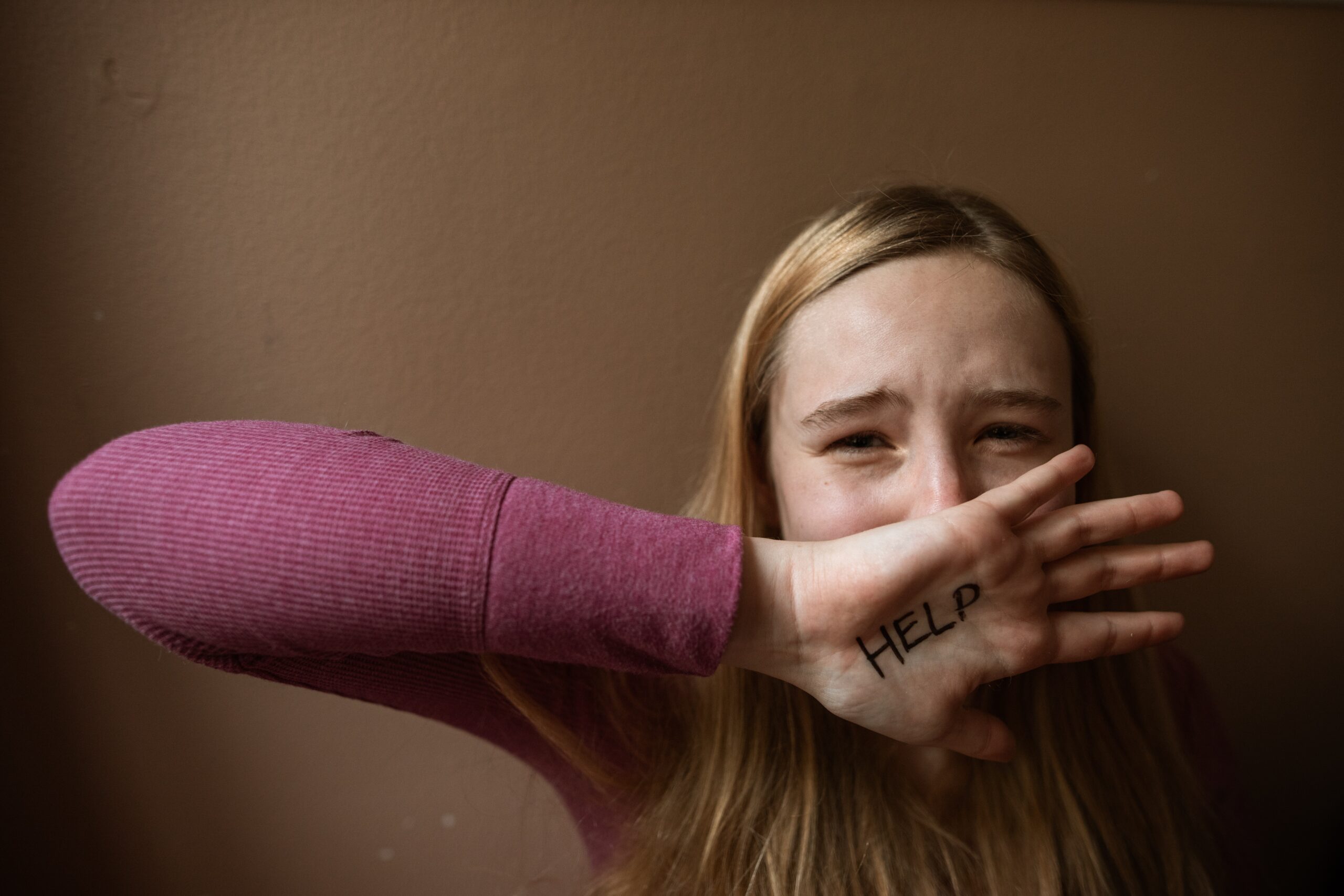![]()
What is rape?
According to Section 375 of the Indian Penal Code (herein after: ‘IPC’), a man commits rape upon involvement in sexual intercourse with a woman without her consent and against her will. India made extraordinary progress with the revoking of Section 377 of IPC and decriminalizing consensual gay sex. Yet, our country has no provision for instances of rape involving the people of the same gender. The judiciary in India fails to believe that the victim in case of rape is not always a woman. Also, the perpetrator is not always a man.

Rape is a heinous crime and the survivors of these crimes remain scared mentally for life. According to a government report, four women are raped every hour and 90 women a day report their rape. People widely recognize rape on women not only in India but all around the globe; but not all countries recognize rape against men and transgender. This makes us question the equality among genders.
The Government of India tries its level best to make the country a better and safer place for women. But are women the only ones who require safety in this country? According to Delhi Commission of Women, statistics show that, 53.2% of the rape cases filed between April 2013 and July 2014 were false. This is also the time when the infamous Nirbhaya rape case came to light and the entire country fought for justice. But this increased awareness led to men being subjected to unfair brutality. They faced discrimination more than ever before on the basis of their gender.
The filing of false rape cases is not done for the sake of it. The registering of these false cases against men is usually at the hands of their former girlfriend, employee, flings, etc. Most of these cases serve the purpose of coercing a huge amount from the defendant. While some of the cases may arise due to personal vengeance. Once a woman accuses a man of any sexual wrongdoing, the backlash a man faces is brutal, even if acquitted.
People don’t respect the person in the same way as before. He losses his social life, and people start judging his character on the basis of a false allegation. Consequently, he might also loose his job. People who do the heinous crime of rape deserve this treatment. But with the concept of ‘innocent until proven guilty’, it is important to make sure innocent do not face the burden of the consequences of others.
Section 375 of IPC discusses the will and consent of both partners involved in sexual intercourse. This is the only section in IPC where the burden of proof lies with the defendant and not on the prosecution. Moreover, consent and will are private matters; no one, apart from the people present in the room, can tell that was their consent or not. The main point lies in that fact that injustice is not just on the part of men but also the women who are the victim of the crime.
Conclusion
Rape is undoubtedly a heinous crime and an issue of great concern in India today. Despite the enactment of new laws with stringent punishments and setting up of Fast-track courts, as much as 71% of cases in India go unreported. Instead of declining the cases of the said crime seem to increase year after year. For now, we can just hope that the government comes up with better implementation plans of the laws in place; and also gives a thought to the possibility of not just men but other genders being a perpetrator as well. Moreover, they need to devise a mechanism to deal with the false rape cases. So that the actual victims of rape receive justice while innocent men no longer face the consequences of false accusations.



1 Comment
Vedant Pandey · 04/05/2020 at 2:48 PM
Excellent Work